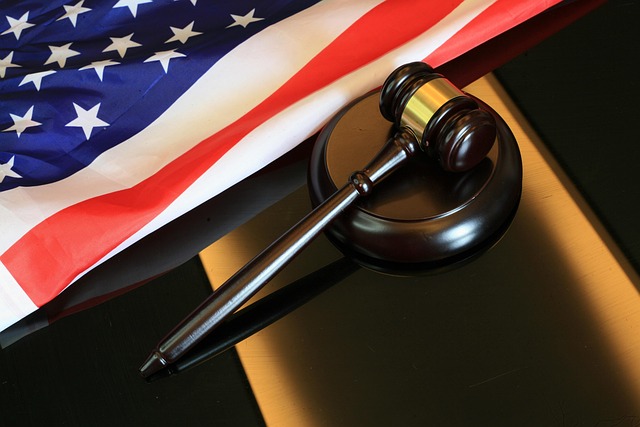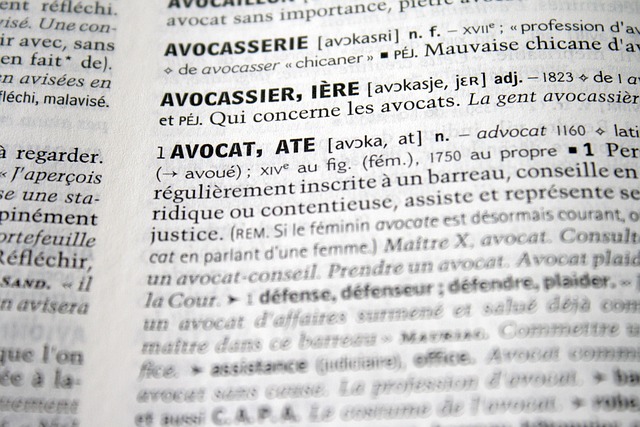Corporate crime investigations delve into intricate Legal Grounds for Criminal Appeal, addressing misconduct from financial fraud to environmental violations. White-collar defense attorneys specialize in navigating these complexities, challenging evidence and procedures to build robust defenses. Understanding these grounds is vital for both prosecutors and defendants, shaping case outcomes through appeals that can dismiss charges, acquit, reduce sentences, or order retrials, ensuring fairness within the justice system.
Corporate Crime Investigations delve into complex scenarios where businesses and their leaders face legal repercussions for fraudulent or illegal activities. Understanding these inquiries is crucial, especially when navigating the subsequent Legal Grounds for Criminal Appeal. This article guides you through the process, from deciphering the legal framework to identifying key considerations in appeal strategies. By exploring each step, from understanding corporate crime investigations to strategies for successful criminal appeals, businesses and their advisors can better prepare for potential challenges.
- Understanding Corporate Crime Investigations
- Legal Framework for Criminal Appeals
- Grounds for Appeal: Key Considerations
- Navigating the Appeals Process
- Strategies for Successful Criminal Appeals
Understanding Corporate Crime Investigations
Corporate crime investigations delve into complex legal grounds for criminal appeal within organizations. These inquiries span various types of misconduct, from financial fraud and embezzlement to violations of environmental regulations and anticorruption laws. Understanding these investigations requires a grasp of both the specific crimes involved and the unique challenges they present in comparison to general criminal defense strategies.
White-collar defense attorneys play a crucial role in navigating these complexities, often employing specialized knowledge to challenge evidence, scrutinize procedural steps, and construct robust defenses for their clients. Jury trials, while less common in corporate cases due to their sensitivity, remain a potential outcome, necessitating adept communication and persuasion skills to sway the decision-makers—be it judges or juries—in favor of the accused.
Legal Framework for Criminal Appeals
The Legal Framework for Criminal Appeals plays a crucial role in ensuring justice and fairness within high-stakes cases. Individuals or entities accused of corporate crimes have the legal right to appeal their convictions if they believe there were procedural errors, insufficient evidence, or violations of constitutional rights during their trial. Understanding the grounds for criminal appeal is essential for navigating complex legal landscapes. These appeals often seek a complete dismissal of all charges, offering a potential reprieve for those facing severe penalties.
In many jurisdictions, the process involves presenting compelling arguments to higher courts, which may include interpretations of laws, procedural flaws, or new evidence that was not available during the initial trial. The focus is on correcting miscarriages of justice, particularly in cases that impact significant philanthropic and political communities. By employing strategic legal arguments, appellants strive to achieve a favorable outcome, whether it results in acquittal, reduced sentences, or a retrial.
Grounds for Appeal: Key Considerations
When it comes to corporate crime investigations, understanding the legal grounds for criminal appeal is paramount for both prosecutors and defendants. The ability to navigate these complexities can significantly impact the outcome of a case, especially in achieving extraordinary results or winning challenging defense verdicts. Key considerations include evaluating procedural errors, ensuring due process rights were respected, and assessing the strength of evidence presented during trial.
Identifying solid legal grounds for appeal is crucial in avoiding indictment or mitigating potential penalties. Defendants must meticulously review the investigation process to uncover any violations that could void their conviction or reduce their sentence. This strategic approach involves scrutinizing evidentiary rules, examining witness testimonies, and exploring potential biases or conflicts of interest. By leveraging these considerations effectively, legal teams can present compelling arguments for a successful appeal.
Navigating the Appeals Process
Navigating the Appeals Process involves a meticulous understanding of legal grounds for criminal appeal. Defendants seeking to avoid indictment or win challenging defense verdicts must be adept at navigating this intricate procedure. The process typically commences with a notice of appeal, followed by detailed legal arguments outlining errors in the original trial, such as procedural mistakes, insufficient evidence, or biased jury instructions.
Successful appeals hinge on robust general criminal defense strategies. Legal teams meticulously scrutinize the case, identifying gaps in prosecution evidence and challenges to the admissibility of certain testimony. By presenting compelling arguments based on these legal grounds, defendants enhance their chances of overturning unfavorable verdicts, ultimately aiming for a fairer resolution within the legal system.
Strategies for Successful Criminal Appeals
Successful criminal appeals hinge on meticulous planning and a robust understanding of legal grounds for criminal appeal. Attorneys must navigate all stages of the investigative and enforcement process, identifying discrepancies, errors in judgment, or procedural failures that can be leveraged as valid legal challenges. By presenting compelling arguments based on these grounds, legal teams can achieve extraordinary results, securing reversals or new trials for their clients.
Strategic approaches include thorough review of evidence, expert witness testimony, and a keen eye for constitutional violations. Across the country, successful appeals have often been built upon demonstrating bias in law enforcement, inadequate representation during trial, or violations of due process rights. This meticulous approach ensures that every stone is turned, increasing the chances of a favorable outcome and upholding the integrity of the justice system.
Corporate crime investigations require a meticulous understanding of both legal frameworks and strategic appeals processes. By grasping the key considerations regarding legal grounds for criminal appeal, businesses can navigate complex legal landscapes effectively. Mastering these skills is crucial to ensuring fairness, protecting corporate interests, and achieving positive outcomes in the face of adversity. With the right strategies in place, successful criminal appeals become more attainable, fostering a culture of accountability and transparency within organizations.






